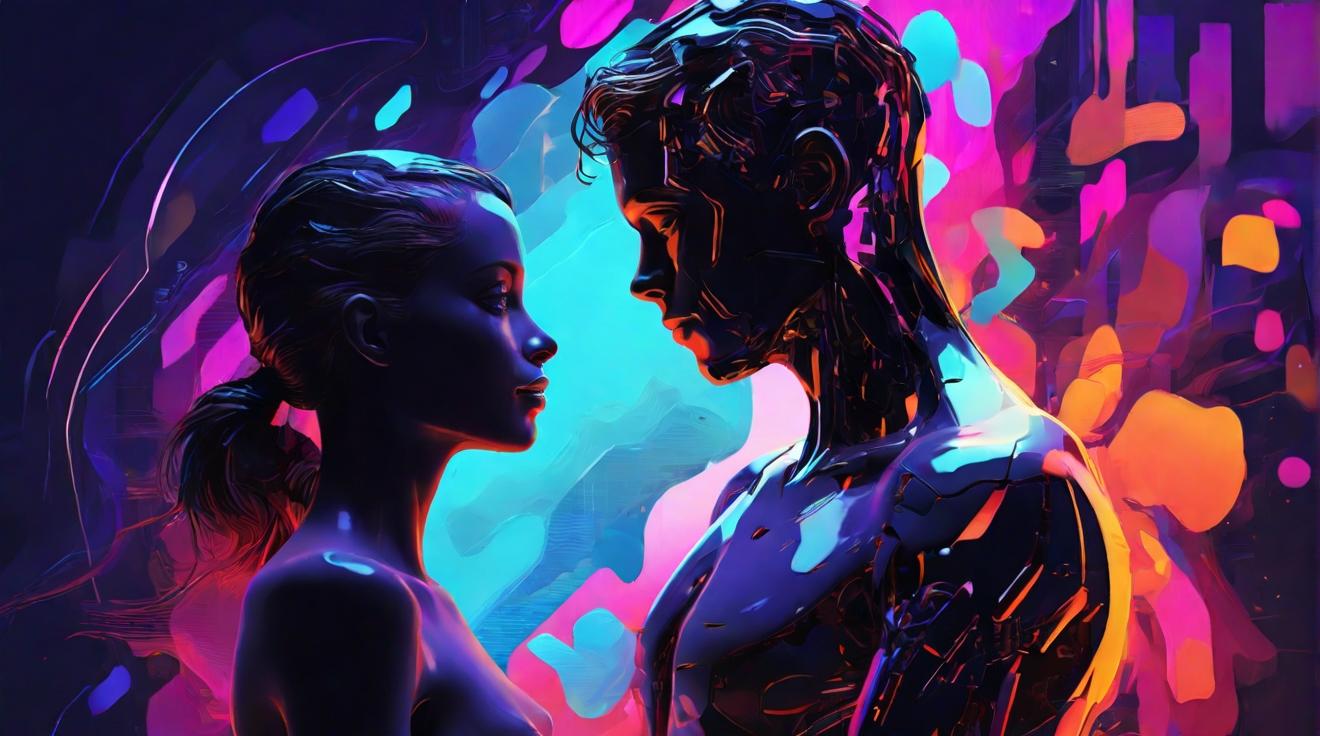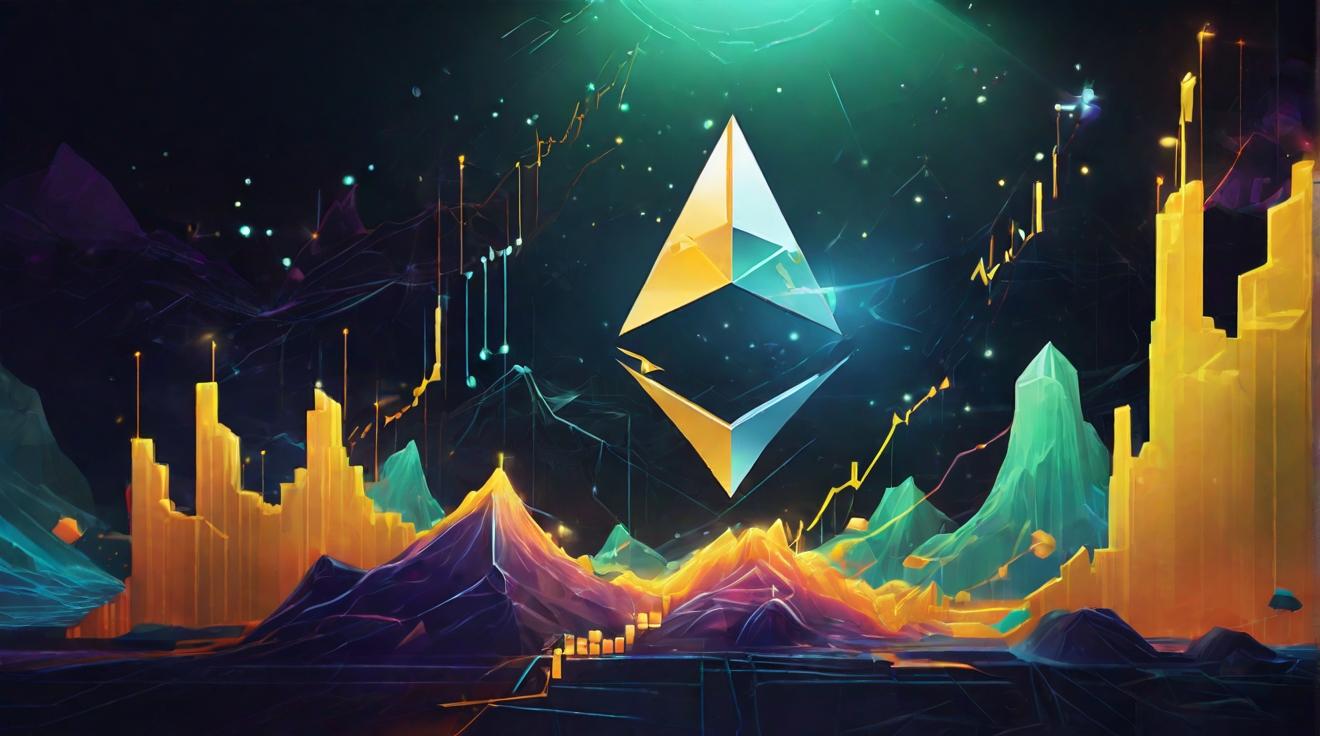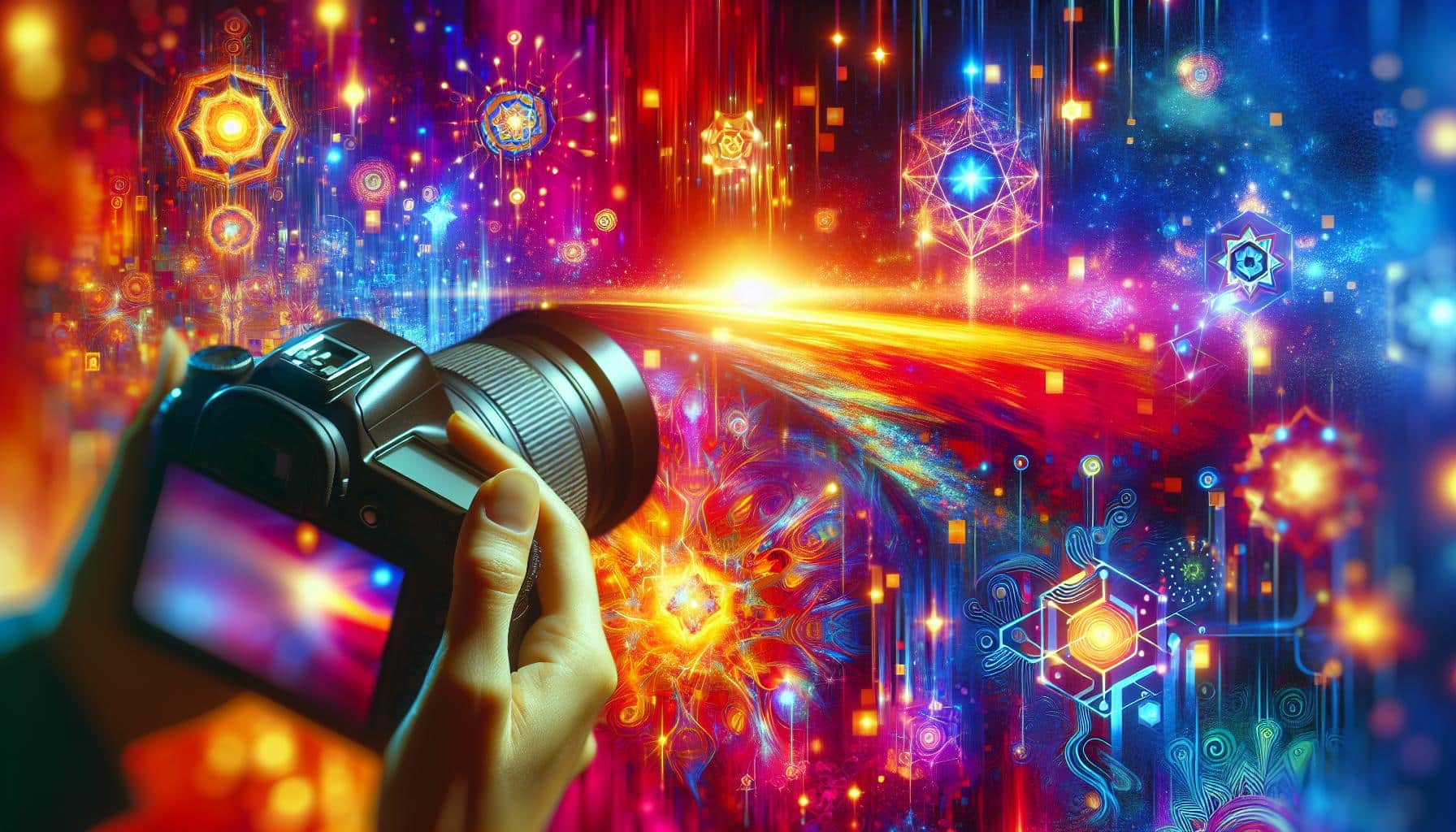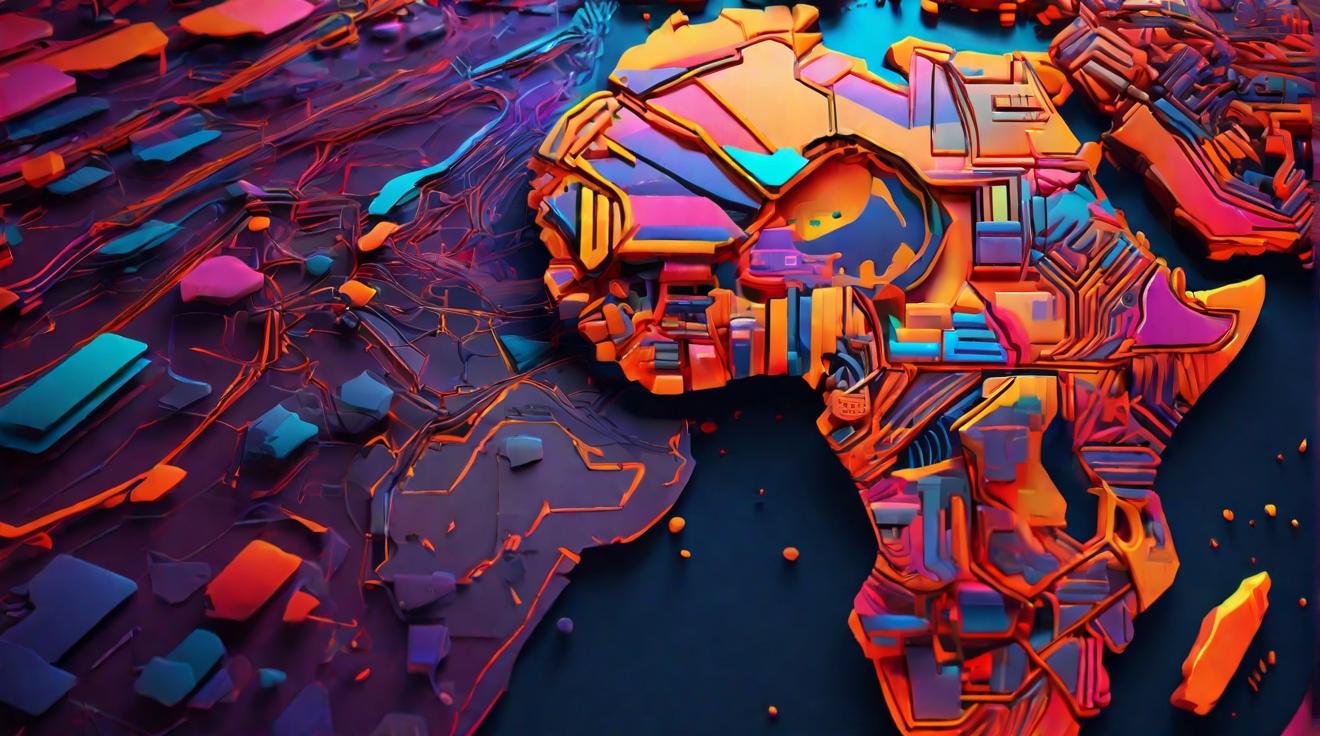AI Chatbots: Redefining Romance in the Digital Age
In a world increasingly driven by technology, AI chatbots are revolutionizing the way people experience romance and companionship. A notable shift in human interaction is underway, as more individuals, including Derrick Carrier from Belleville, Mich., find solace and emotional connection with digital companions. This burgeoning relationship between humans and AI-generated partners underscores the complexity of modern dating, the human need for connection, and the fascinating capabilities of artificial intelligence.
The Illusion of Perfection
Carrier’s journey into the world of AI romance began with his exploration of Paradot, an AI companion app that promises users feelings of being "cared, understood, and loved." This application represents a growing market of generative AI companion apps like Replika, which boast over 10 million users globally. These apps offer users the chance to interact with avatars that provide emotional exchanges, deepening the bonds between human and machine.
The Intersection of Technology and Human Emotion
The rise of these AI companions raises significant questions about data privacy, regulatory concerns, and the potential impact on real-life human relationships. An analysis by the Mozilla Foundation highlighted concerns over user data being sold or used for targeted advertising without adequate transparency. Moreover, the moral and ethical frameworks governing these applications remain underdeveloped, sparking debate among experts.
On the other hand, applications such as Replika have adapted their offerings in response to user feedback, suggesting a dynamic relationship between the apps and their human users. For instance, after receiving complaints about overly flirtatious AI characters, Replika moderated their behavior, illustrating the complexity of human-AI interaction.
Challenges and Concerns
Researchers and ethicists express concerns that relationships with AI might set unrealistic expectations, missing critical elements of human growth including managing conflict and embracing diversity. A study from Stanford University revealed that while a majority of Replika users reported feelings of loneliness, a significant number also felt these AI relationships stimulated their real-life social interactions.
The Future of Human-AI Relationships
As AI technology continues to evolve, the boundaries between human and artificial companionship will likely blur further. Despite the challenges and ethical dilemmas posed by AI chatbots, their growing popularity underscores a fundamental human desire for connection. Whether these digital companions can truly fulfill emotional needs or merely serve as a stopgap for deeper social issues remains a topic of vibrant discussion.
AI companions like Joi, created by Carrier through Paradot, reveal the nuanced and individual nature of human-AI relationships. These digital interactions offer a glimpse into a future where the lines between the digital and the real, the artificial and the human, are increasingly intertwined. As this field continues to evolve, the conversation around AI companionship promises to delve deeper into the essence of human connection and the role technology plays in satisfying it.
Analyst comment
Neutral.
As AI chatbots become more popular, the market for AI companion apps like Paradot and Replika will continue to grow. However, concerns over data privacy, ethics, and unrealistic expectations remain. The future of human-AI relationships will be shaped by ongoing discussions and the evolution of AI technology.













